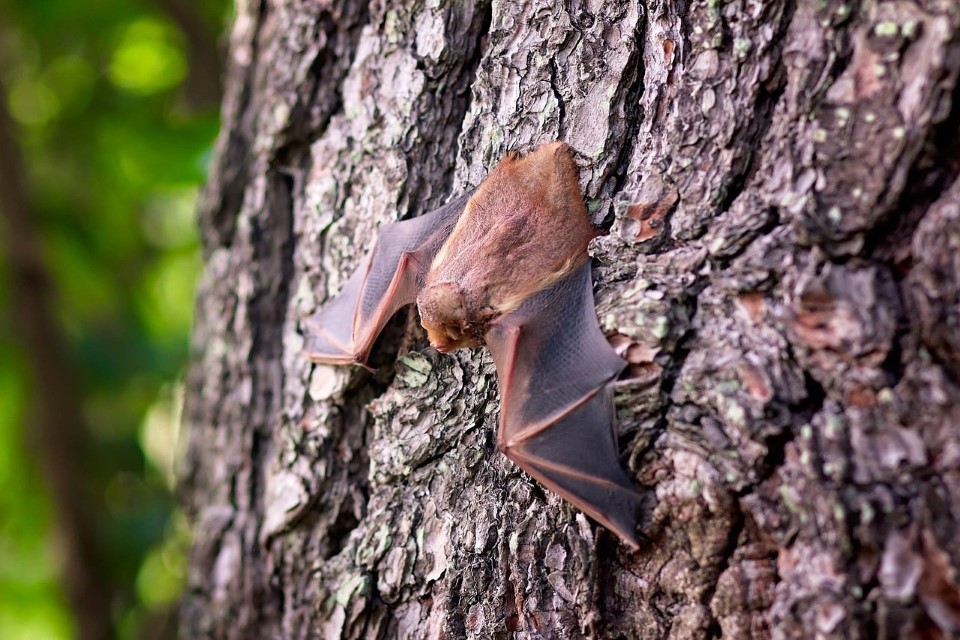Andrew Scott Robertson, Chartered Surveyors & Estate Agents, Wimbledon
General News
What to do about bats in your rafters

Increasingly, bats are choosing to roost in residential properties ? old and new ? as the number of traditional woodland habitats has fallen. As creatures of habit, they will often return to the same spot time and again.
Wimbledon Common is home to several bat species. While living nearby means that nature really is on your doorstep, if you find the bats have moved closer to your home than you might like, what should you do?
Firstly, it is important to remember that it is rare for bats to cause damage to a home. You may not even notice they are there, especially during the winter months when they are less active, seeking refuge from the weather in roofs and outbuildings while they rear their young.
The problem comes if you wish to sell or renovate your property, as bats are a protected species under UK law. Jack Parker, of Cornerstone Barristers explained: “The legal protection afforded to bats means that it is not only a criminal offence to kill a bat, you also commit an offence if you ?disturb? a bat [for example, by interfering with its habitat] or if you damage or destroy a bat’s roost [where they rest and breed].”
If you are selling a property with bats, you must inform your potential buyers. Withholding this information could lead to a claim for compensation later on ? if the buyers are unable to renovate the property as they would have liked, for example.
The other issue comes if you wish to carry out building work, as celebrities including musician Noel Gallagher and radio presenter Kelly Brook have recently found.
Having bats doesn?t necessarily mean your renovation plans will be permanently scuppered. Kelly Brook applied to build two bat boxes in the chimney of her Kent home, following an ecology survey, which found long-eared and pipistrelle bats living in the roof.
According to Jack Parker: “Various measures can be used to avoid any impact on bats, such as carrying out work at certain times of year when bats aren’t present; by incorporating bat roosts into the development in question, or by making sure that artificial lighting is designed in a way which does not affect bats.
“Work which would disturb bats may only be carried out with a licence, which will only be granted in exceptional circumstances.?
Read more about this story in the Evening Standard Homes & Property and Property Reporter. For more about bats, visit bats.org.uk .
Tags: property, wildlife, WimbledonPosted in ASR News